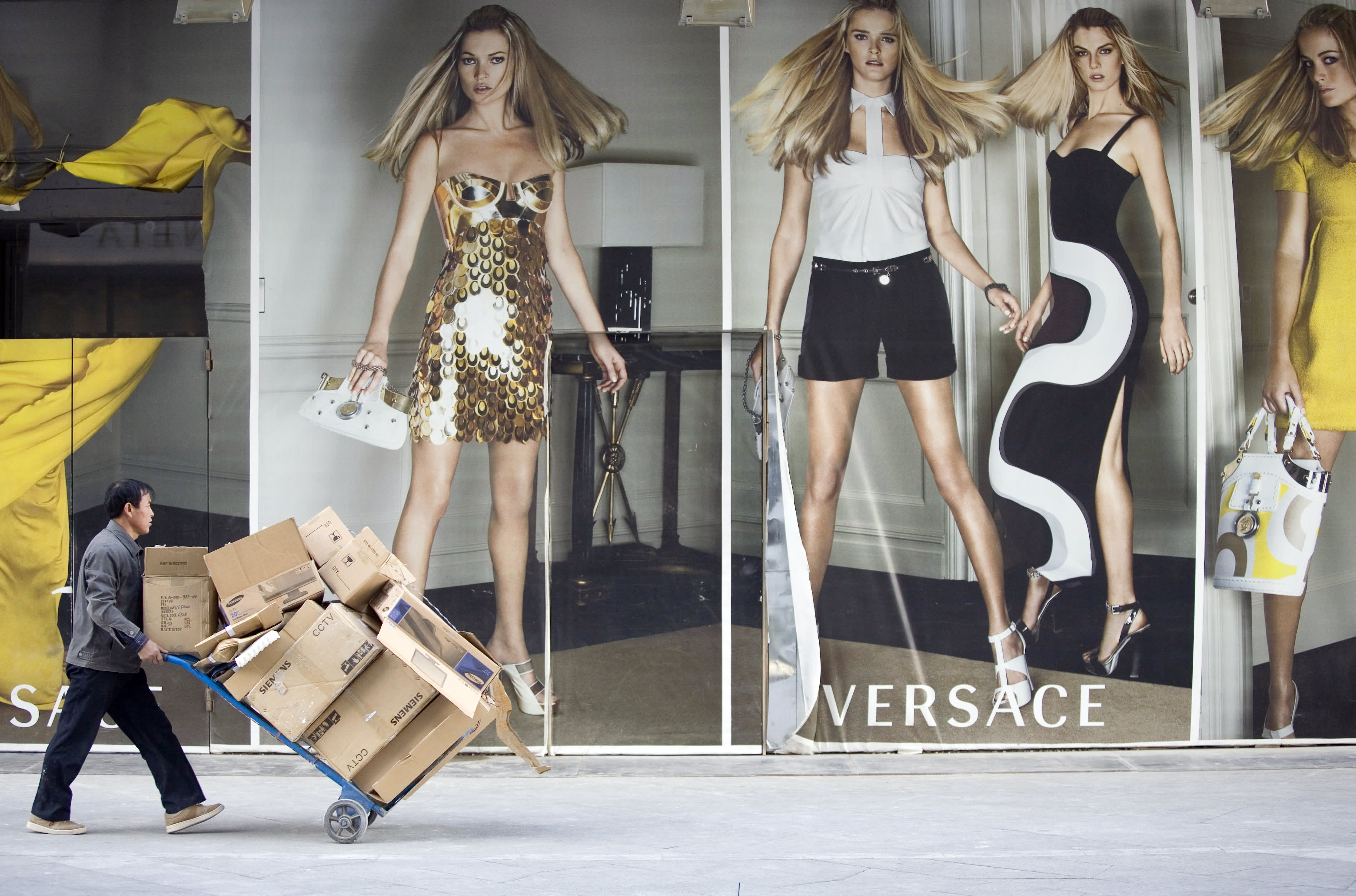Natalie Behring | Bloomberg | Getty Images
Michael Kors owner Capri Holdings cut its forecasts on Wednesday as it warned of a $100 million hit to revenue due to the coronavirus outbreak in China, which has led to 150 store closures and travel restrictions on high-spending tourists.
A rapidly growing upper-middle class has made China a critical market for luxury fashion labels, but uncertainty over the epidemic, which has killed more than 490 people, has forced many businesses to shut stores and factories.
Starbucks and Levi Strauss have shut about half their stores in the second-largest economy and expect a hit to their near-term profit.
The epidemic is the latest setback for Capri in the region. Months of protests in the shopping hub of Hong Kong had led sales in the Chinese-ruled city to plunge, while a controversial Versace T-shirt that labeled Hong Kong and Macau as countries dented demand for the brand in mainland China.
Capri said 150 of its 225 stores in mainland China were closed and the rest were seeing significantly lower customer traffic. It also warned of sales in other regions being pressured as countries continue to restrict travelers from China.
“This is going to be a very tough period for luxury brands,” said Ben Cavender, managing director at China Market Research Group in Shanghai. “There is going to be a negative long-term effect as well, as many corporate offices are shut down or barely functioning and this is a key time period for planning future seasons.”
Peer Ralph Lauren said on Tuesday it was assessing the financial impact of shutting half of its stores in China.
Capri cut its annual revenue forecast to $5.65 billion from $5.8 billion. It also lowered it profit forecast to $4.45 to $4.50 per share from $4.95 per share.
However, the company reported better-than-expected third-quarter revenue, as investments in marketing and new designs boosted demand for Versace, sending its share up 2% in pre-market trading.
Capri’s total revenue in the quarter ended Dec. 28 rose 9.2% to $1.57 billion, beating average analysts’ estimate of $1.54 billion, according to IBES data from Refinitiv.
Excluding items, it earned $1.66 per share, beating expectations of $1.59 per share.
